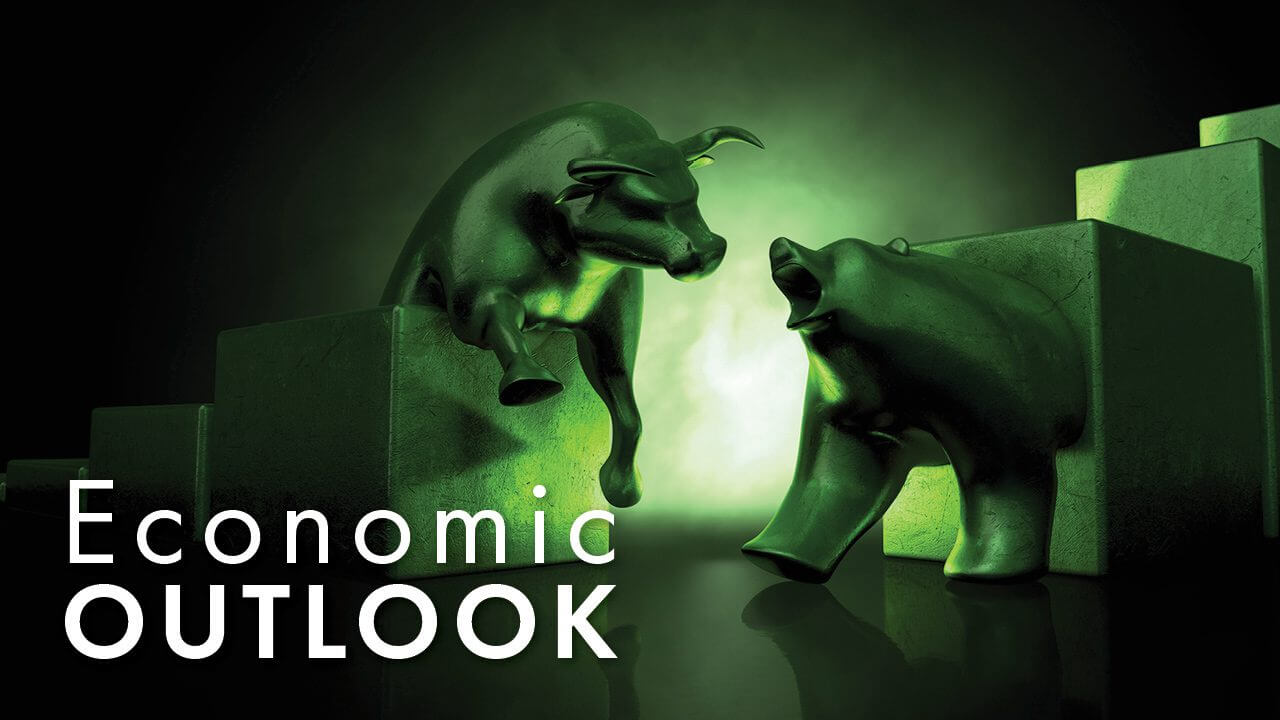The Federal Reserve continued interest rate increases with an additional .25 point hike in their July meeting. This increase marks a 22-year high. The unanimous decision is preceded by a brief pause from the previous month. But, it is the 11th rate increase since March 2022. During this 16-month time span, the Federal Funds Rate has gone from near zero to 5.5%.
Markets have been mixed since the increase. The S&P 500 and Nasdaq have been negative since the announcement. The bond market continues to be inverted despite continued rate increases.
The good news is inflation continues fall from the 40-year high recently hit. The Wall Street Journal reports the June 2023 measurement was at 3% compared to the June 2022 peak of 9.1%. As consumers begin to feel the benefits of reduced inflation in some areas, borrowing costs have made large purchases difficult.
Hope remains that the economy can find a “soft landing” and avoid a full blown recession. The last time The Fed was able to raise interest rates while avoiding large scale recession and unemployment was 1994. Unemployment remains low and wage growth continues to be strong despite these historic increases in interest rates.
One segment of the economy being impacted the most is the housing market. The median home price in the United States is up approximately 38% since 2020. Compounding the problem 30-year mortgage rates have risen from a low of 2.7% to the current 7.5%. The significant increase in purchase price alongside a rising interest rate environment is creating difficulties for first time home owners.
Rate increases have also created housing inventory issues in markets across the United States. Individuals that refinanced homes at 3% or less are less likely to place their current home for sale. The logic being that a new home purchase will be financed at a rate much higher thus costing them more. Lack of home inventory for sale continues to drive home prices ever higher than supply of affordable price points according to Paul Morris with Bloomberg.
KeyCity Capital is navigating this market with fixed debt through assumable notes on new acquisitions. Our current acquisition has a fixed 3.31% interest rate. This is substantially lower than current commercial rates. Lower interest payments help returns to our investors over the length of the investment.
Demand for apartment housing remains strong along with rent growth. The housing shortage and rising interest rates continues to boost multi-family demand according to Nicole Friedman of The Wall Street Journal. The Fed is projected to issue one or two more rate increases by year end. We continue to monitor these increases closely. We look forward to discussing our strategy with you.

